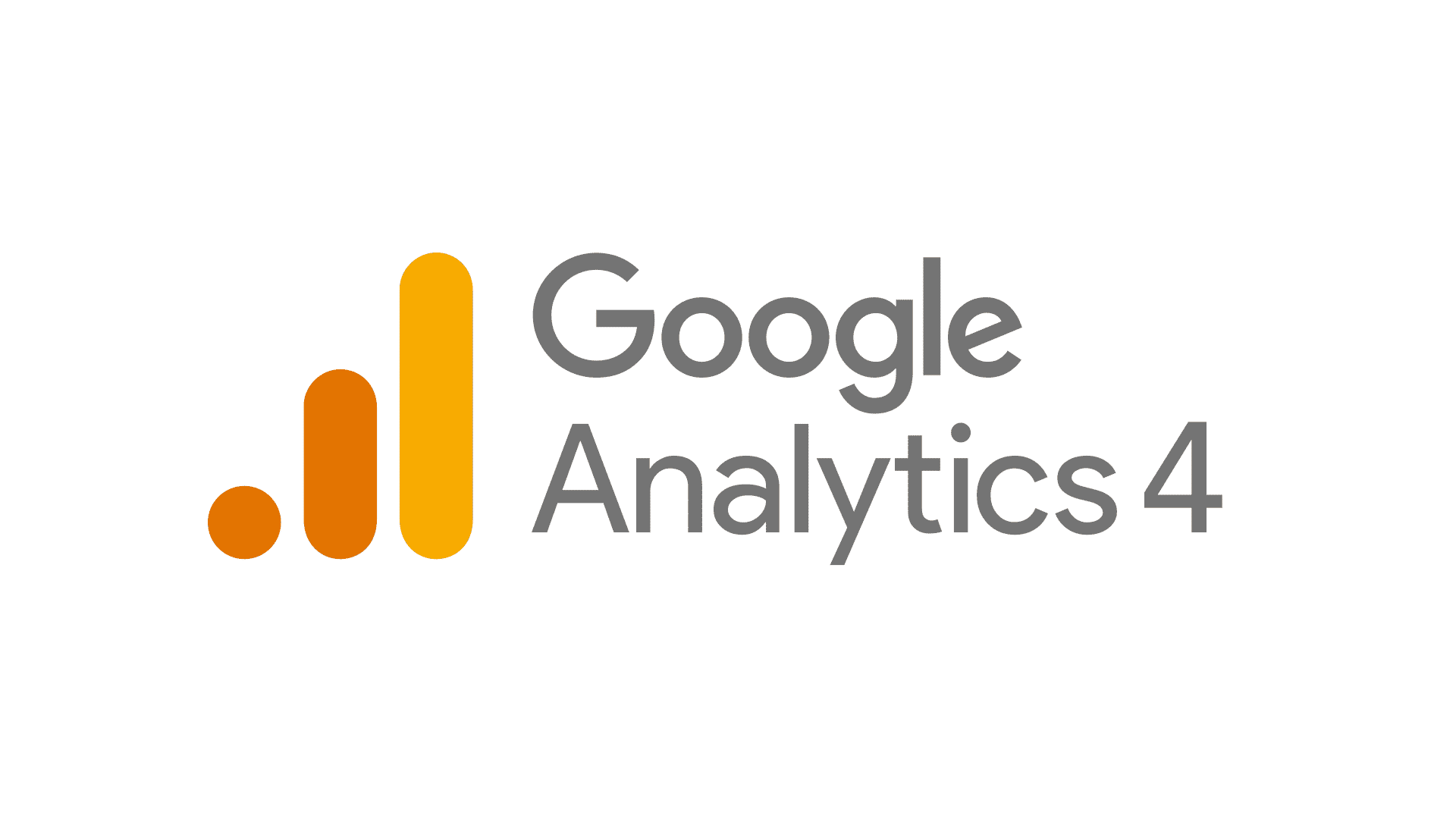Google Analytics 4 is the latest and most advanced version of Google’s web analytics platform, offering powerful features like cross-device tracking, machine learning, and event-based tracking. As a result, we encourage users to consider migrating from Universal Analytics to GA4 to take advantage of these benefits and stay ahead of the competition.
While it’s important to note that starting from July 1, 2023, standard Universal Analytics properties will no longer process data, we understand that transitioning to a new analytics platform may require time and resources. Therefore, we recommend carefully evaluating the benefits of GA4 and planning a migration strategy that best fits your organization’s needs and resources.
Google Analytics has been a popular tool for businesses to track website and app performance for over a decade. However, with the growing complexity of digital marketing and the rise of new technologies, the need for a more advanced analytics solution has become apparent. That’s where GA4 comes in – a new era in Google Analytics.
GA4 is the latest version of Google’s web analytics platform, offering powerful new features and a more advanced approach to tracking and analyzing customer behavior. It is built on a new data model that is more flexible and scalable, making it easier to track user behavior across multiple devices and platforms.
One of the most significant differences between GA4 and its predecessor, Universal Analytics (UA), is the way data is collected and processed. GA4 uses an event-based tracking model, which means that events are the building blocks of data collection. This approach offers greater flexibility and granularity, allowing businesses to track and analyze specific user interactions, such as clicks, video views, and form submissions.
Another significant advantage of GA4 is its integration with machine learning. With machine learning, GA4 can automatically identify patterns in user behavior, predict future outcomes, and provide insights into how to improve marketing efforts. This makes it easier for businesses to make data-driven decisions and optimize their marketing strategies.
GA4 also offers advanced eCommerce tracking and reporting, including enhanced eCommerce tracking and a new set of eCommerce reports. This allows businesses to track the entire customer journey, from product discovery to checkout, and gain deeper insights into customer behavior.
Overall, GA4 represents a significant shift in the world of web analytics, offering businesses a more powerful and flexible way to track and analyze customer behavior. However, migrating from UA to GA4 requires careful planning and execution. Businesses need to develop a migration plan, ensure that all important data is preserved, and train their team on how to use the new platform effectively.
To stay ahead of the competition and take their analytics game to the next level, businesses need to embrace GA4 and take advantage of its powerful features. Whether it’s cross-device tracking, machine learning, or event-based tracking, GA4 offers businesses the tools they need to stay ahead of the game and make data-driven decisions.
GA4: A New Era in Google Analytics
March 9th, 2023
2 mins read
